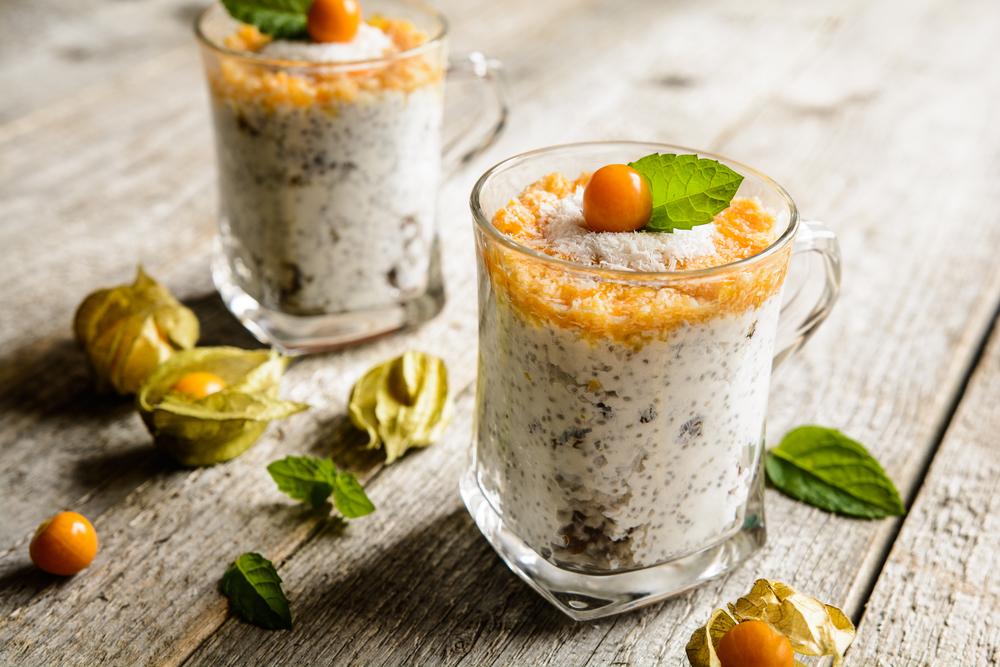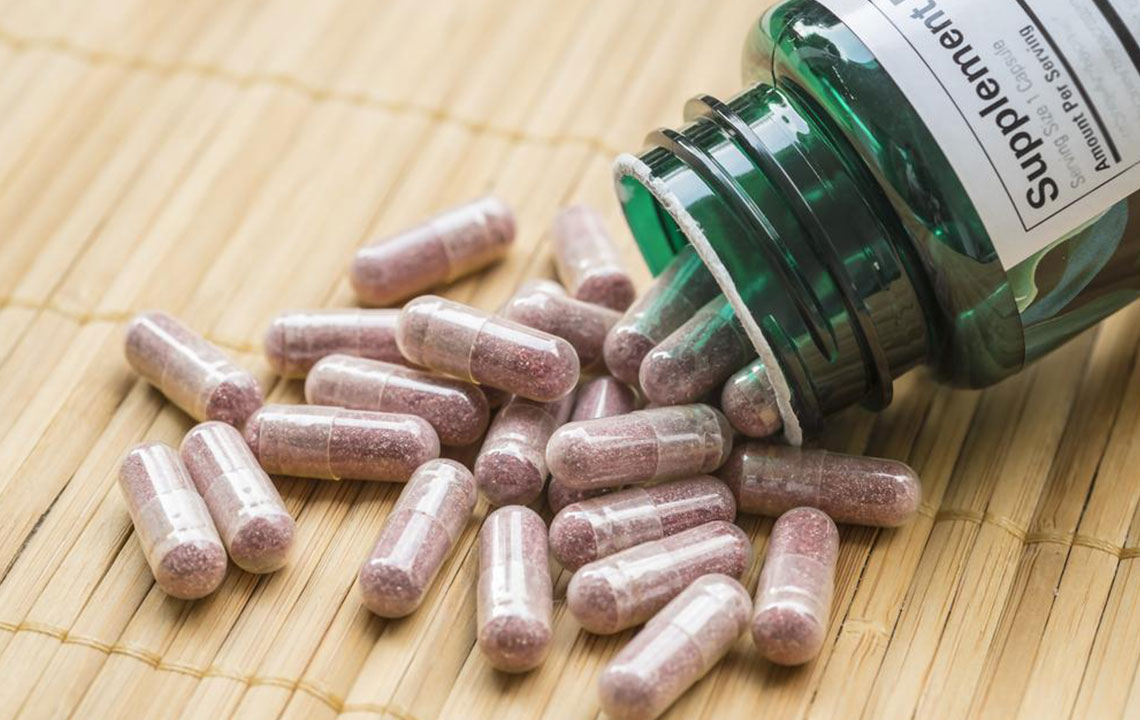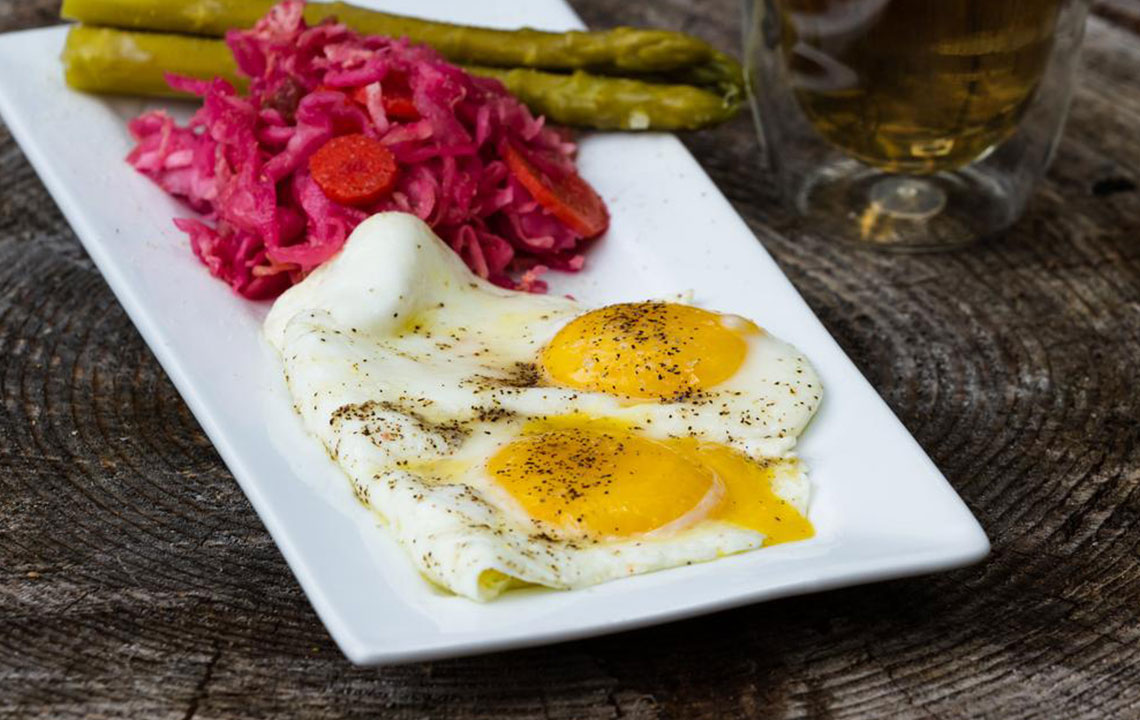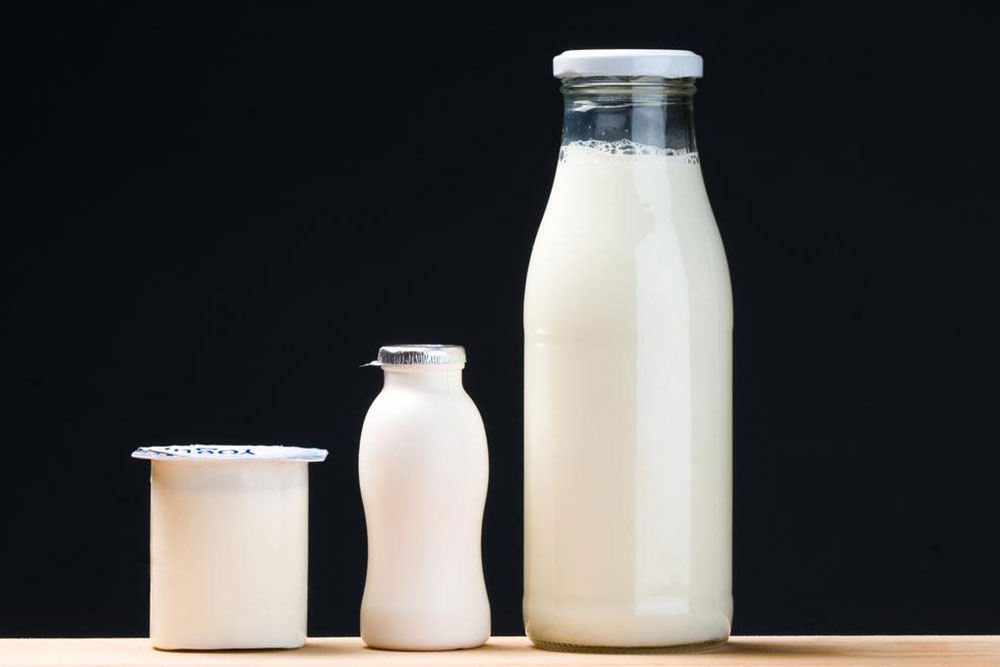Comprehensive Guide to the Top 12 Probiotic-Rich Foods for Better Health and Wellness
Explore the top 12 probiotic-rich foods that can transform your health. Discover how incorporating kefir, fermented vegetables, kombucha, natto, yogurt, and more into your diet boosts immunity, enhances digestion, and promotes overall wellness. Learn tips for choosing high-quality products and creatively using these superfoods in daily meals to support gut health, improve skin, and increase vitality for a healthier lifestyle.
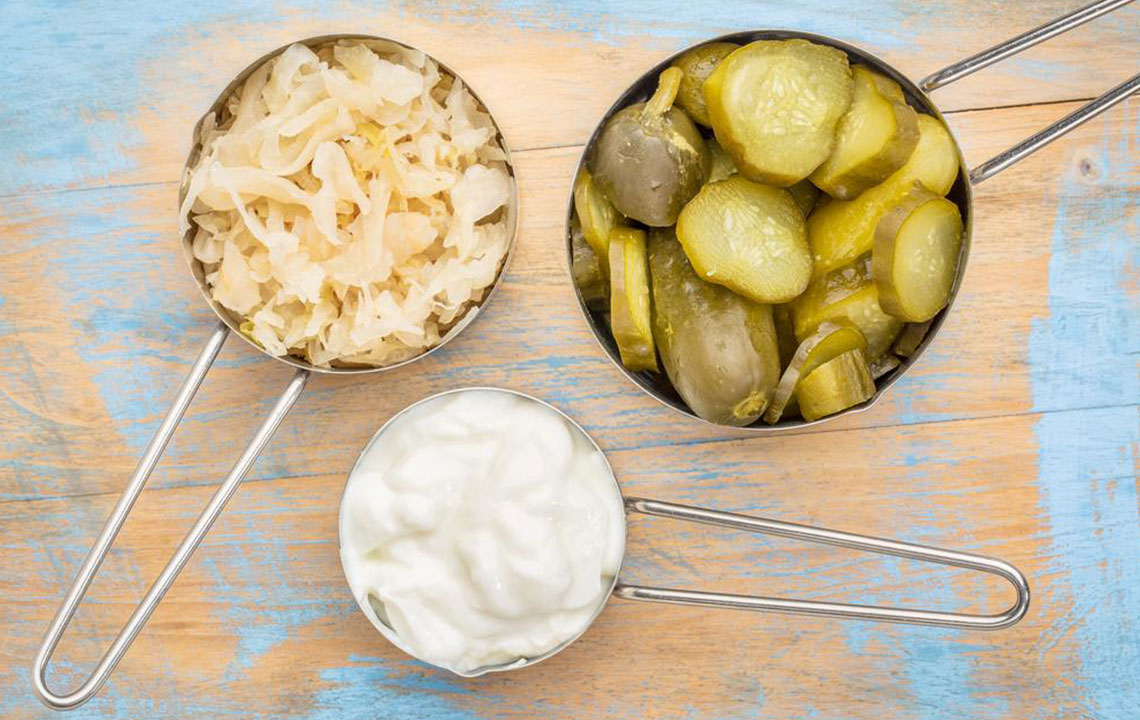
Comprehensive Guide to the Top 12 Probiotic-Rich Foods for Better Health and Wellness
Maintaining a balanced diet that supports gut health is crucial for overall well-being. Probiotics, the beneficial bacteria that naturally reside in our digestive systems, play a vital role in promoting optimal health. Many individuals overlook the significance of integrating probiotic-rich foods into their daily meals, despite abundant scientific evidence highlighting their positive impact on immunity, digestion, and skin health. This comprehensive guide explores the best probiotic-containing foods and explains how incorporating them into your diet can lead to a healthier, more vibrant life.
The Benefits of Consuming Probiotic Foods
Incorporating probiotic foods into your diet provides a multitude of health benefits, some of which include:
Enhanced Immune System: Probiotics help modulate immune responses, reducing the likelihood of infections and illnesses.
Improved Digestive Health: These beneficial bacteria restore and maintain healthy gut flora, alleviating issues like bloating, constipation, and diarrhea.
Clearer, Healthier Skin: Regular intake can improve skin conditions such as eczema and acne by reducing inflammation.
Reduced Cold and Flu Incidence: A robust immune system aided by probiotics means fewer sick days and a stronger defense mechanism against pathogens.
Supporting Mental Well-being: Emerging research suggests that a healthy gut microbiome influences mood and mental health.
Understanding the significance of probiotics underscores the importance of incorporating probiotic-rich foods into your daily diet. Here are some of the top foods packed with beneficial bacteria that you should consider adding to your meals.
1. Kefir
Kefir is a fermented dairy beverage that dates back thousands of years, originating from the Caucasus region. It is similar to yogurt but contains a broader spectrum of probiotic strains—over 30 different types—that contribute to gut health. Kefir is rich in vitamins B12, K2, and biotin, along with essential minerals like calcium and magnesium. Its tangy flavor and smooth consistency make it a versatile ingredient for smoothies, cereals, or enjoyed on its own. Studies have shown kefir can aid in lactose digestion, enhance immune function, and support gastrointestinal health.
2. Cultured Vegetables
Fermented vegetables such as sauerkraut, kimchi, and pickled cabbage are traditional probiotic foods celebrated for their health benefits. These vegetables undergo a natural fermentation process involving lactic acid bacteria, which improve their digestibility and enhance nutrient bioavailability. Cultured vegetables are high in organic acids, vitamins, antioxidants, and probiotics that support gut flora balance. Consuming these regularly can reduce inflammation, improve digestion, and boost immune function. Their tangy, salty flavors make them an excellent addition to salads, sandwiches, and side dishes.
3. Kombucha
Kombucha is a fizzy, fermented tea beverage originating from Japan, gaining popularity worldwide for its probiotic and detoxifying properties. Made by fermenting sweetened black or green tea with a symbiotic culture of bacteria and yeast (SCOBY), kombucha contains beneficial acids, enzymes, and probiotics that promote digestion and liver health. Its effervescent quality and unique taste profiles—ranging from fruity to vinegary—make it a refreshing drink choice. Regular consumption of kombucha can support gut health, improve energy levels, and aid in detoxification processes.
4. Coconut Kefir
Coconut kefir is a dairy-free alternative to traditional kefir, produced by fermenting young coconut water with kefir grains. It retains the probiotic benefits associated with fermented drinks while catering to those with lactose intolerance or dairy allergies. Rich in beneficial bacterial strains, coconut kefir provides hydration, electrolytes, and immune-boosting properties. Its slightly tangy flavor complements smoothies, salads, or can be enjoyed on its own. Incorporating coconut kefir into your diet can improve digestion, support gut flora diversity, and increase nutrient absorption.
5. Natto
Natto is a traditional Japanese dish made from fermented soybeans, renowned for its potent health properties. It contains Bacillus subtilis, a probiotic bacterium known for strengthening immunity and promoting cardiovascular health by reducing blood pressure and cholesterol levels. Natto is rich in vitamin K2, which is vital for bone health, and contains nattokinase, an enzyme that supports blood circulation. Its sticky texture and strong flavor often require an acquired taste, but its numerous health benefits make it a popular superfood in Japan and increasingly worldwide.
6. Yogurt
Yogurt remains one of the most popular probiotic foods globally, made by fermenting milk with beneficial bacteria such as Lactobacillus bulgaricus and Streptococcus thermophilus. For maximum health benefits, choose organic, grass-fed, and unflavored varieties that contain live and active cultures. Yogurt is an excellent source of calcium, protein, and vitamins B2 and B12. Regular consumption supports digestion, boosts immunity, and enhances bone strength. It can be eaten plain, added to smoothies, or used in cooking recipes for a probiotic boost.
7. Kvass
Kvass is a traditional fermented beverage from Eastern Europe, made from rye, barley, or wheat. Sometimes it includes ingredients like beets, vegetables, and fruits to enhance flavor and nutritional content. Kvass is mildly effervescent and mildly sour, offering probiotic benefits similar to those of sourdough bread and other fermented products. It contains organic acids, enzymes, and probiotic bacteria that improve digestion, detoxify the body, and support gut health. Its naturally low alcohol content and tangy taste make it a popular beverage choice during meals or as a refreshing drink.
8. Raw Cheese
Raw, unpasteurized cheese made from sheep, goat, or cow milk can be a great source of probiotics if produced under hygienic conditions. Unlike pasteurized cheeses, raw cheese retains more of its beneficial bacteria, including strains like Lactobacillus acidophilus and Bifidobacteria. These probiotics can support digestive health, enhance immune response, and contribute to a balanced microbiome. Choose high-quality raw cheese from reputable producers to maximize health benefits and ensure safety.
9. Apple Cider Vinegar
Apple cider vinegar (ACV) has become a wellness staple due to its numerous health benefits, including blood pressure regulation, cholesterol lowering, and blood sugar stabilization. Raw, unfiltered ACV contains the coveted "mother," a colony of beneficial bacteria and enzymes responsible for many of its health-promoting properties. Consuming small amounts of ACV diluted in water daily can improve digestion, promote satiety, and support detoxification processes. Its tangy flavor also makes it a versatile addition to salad dressings and marinades.
10. Salted Gherkin Pickles
Salted gherkin pickles are a crunchy, flavorful snack packed with probiotics, especially when fermented naturally without vinegar. These organic, probiotic-rich snacks help support gut flora, improve digestion, and provide a source of antioxidants. Opt for locally sourced, naturally fermented gherkins to ensure the presence of beneficial bacteria. Their salty tang makes them an excellent accompaniment to meals or a healthy snack option throughout the day.
11. Tempeh
Tempeh is a fermented soybean product originating from Indonesia, appreciated for its high protein content and probiotic qualities. Made by fermenting soybeans with Rhizopus mold, tempeh has a firm texture and nutty flavor. It is best enjoyed raw or boiled to preserve its beneficial bacteria and nutrients, rather than fried. Tempeh supports digestive health, enhances nutrient absorption, and may help regulate blood sugar levels. Its versatility allows it to be used in salads, stir-fries, sandwiches, and more, making it a perfect addition for vegetarian and vegan diets.
12. Miso
Miso is a traditional Japanese fermented seasoning made from soybeans, rice, or barley, used extensively in soups, marinades, and dressings. Rich in probiotics like Lactobacillus, miso promotes gut health, boosts immunity, and provides antioxidants. Its savory, umami flavor enhances a variety of dishes, making it easy to incorporate into everyday meals. Made through a fermentation process that can last from months to years, miso is considered a superfood for supporting digestive health and overall vitality.
Incorporating a diverse range of these probiotic-rich foods into your daily diet can lead to profound improvements in immune function, digestive well-being, skin health, and overall vitality. Making small changes and creatively using these foods in your meals can foster lasting health benefits, helping you achieve a balanced, healthy lifestyle. Remember, choosing high-quality, minimally processed options maximizes the benefits probiotics offer and ensures your journey toward better health is both effective and enjoyable.
